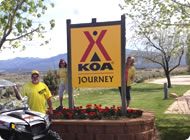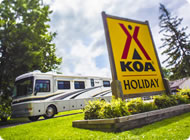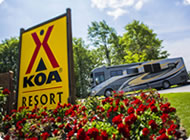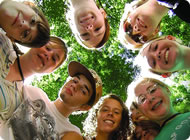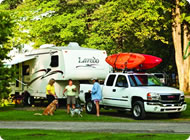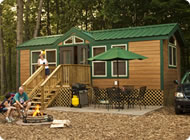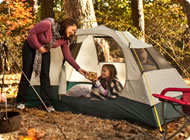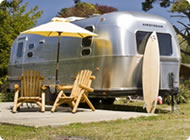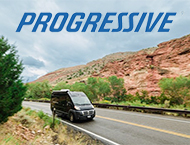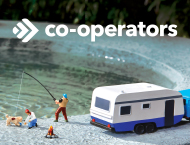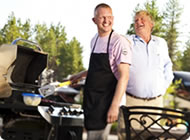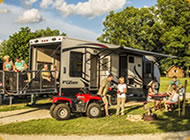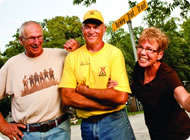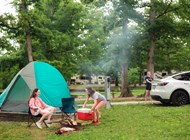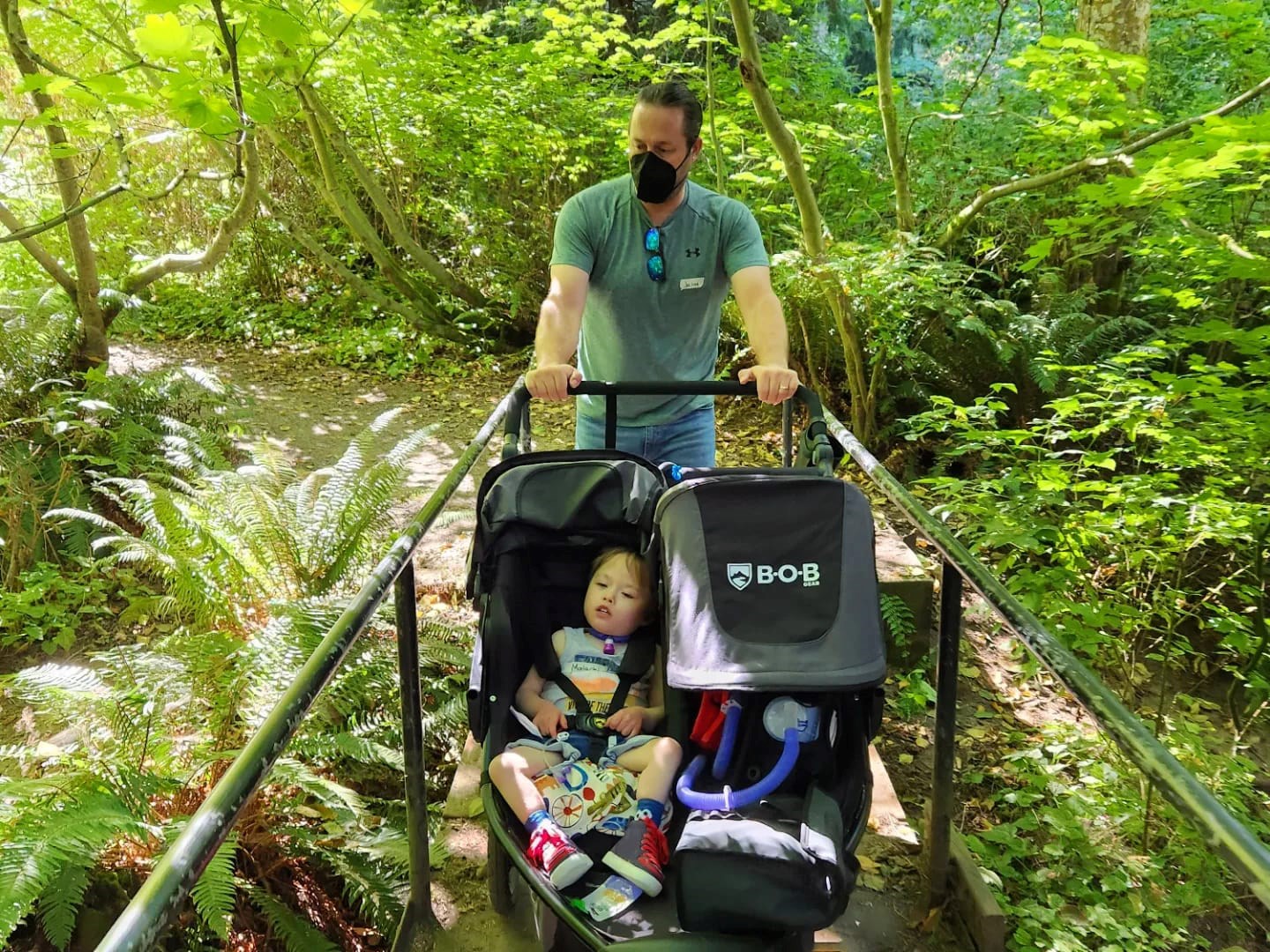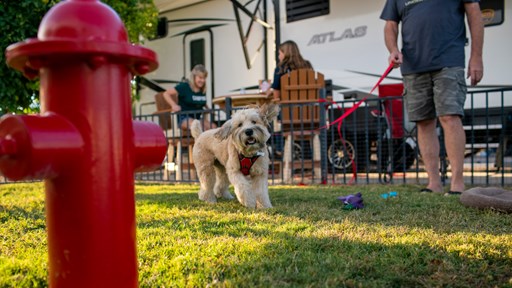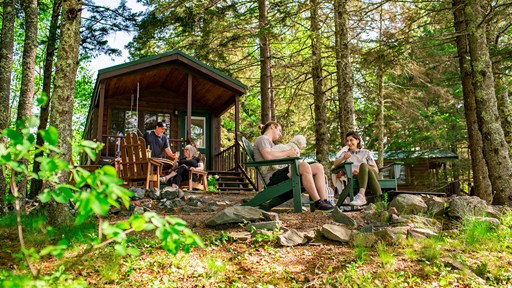Jason and Whitney Hendrickson-Stohr know their family isn’t normal. As the parents of a five-year-old with spina bifida, among other diagnoses, they have a lot to worry about. Still, they don’t let it stop their family from doing one of their favorite activities: camping. In fact, even though their son, Malachi, spent most of his first two years in a Seattle hospital and is confined to a wheelchair, they once crashed at a KOA in Washington for several weeks. “We are built to explore and adventure and experience cool things,” Whitney tells KOA. “A part of my son’s life will always be medicalized, but if we have anything to do with it, the other part of his life will be really freakin’ awesome!”
While camping with children with disabilities is definitely challenging, it can be just as rewarding. “With the right preparation, camping can turn into a memorable experience for the entire family,” says Eileen Lamb, Autistic Advocate & Senior Manager, Social Media and Digital Strategy at Autism Speaks. And fortunately, the great outdoors have never been more accessible. The National Parks System even offers an Access Pass that allows residents of the U.S. with a disability to get into national parks, for free, for life. Of course, before you hit the road it’s helpful to know what has worked for other families. From where to camp to what to bring, here is a list of tips for camping with kids with disabilities.
1. Determine Your Child’s Needs
Even if you really want to go camping you need to put yourself in your child’s shoes. “The key is to cater to your child’s needs and find what works best for them,” says Lamb, the mother of two kids with autism. “My youngest son, Jude, isn’t a fan of mud, so being in the heart of the woods wouldn’t work for him. On the other hand, my older son, who is also on the spectrum, absolutely adores mud and would be in heaven, just reveling in the wonders of nature.”
2. Start Them Young
“Both our kids love the outdoors to this day and I think it’s because we started being outside when they were both very young,” says Carl Patten. He and his wife, Kaylene, live in Montana where they started camping with their son, Carson, who has Down syndrome, when he was just three years old. Today, Carson is a young adult, but he still loves nature, especially wildlife.
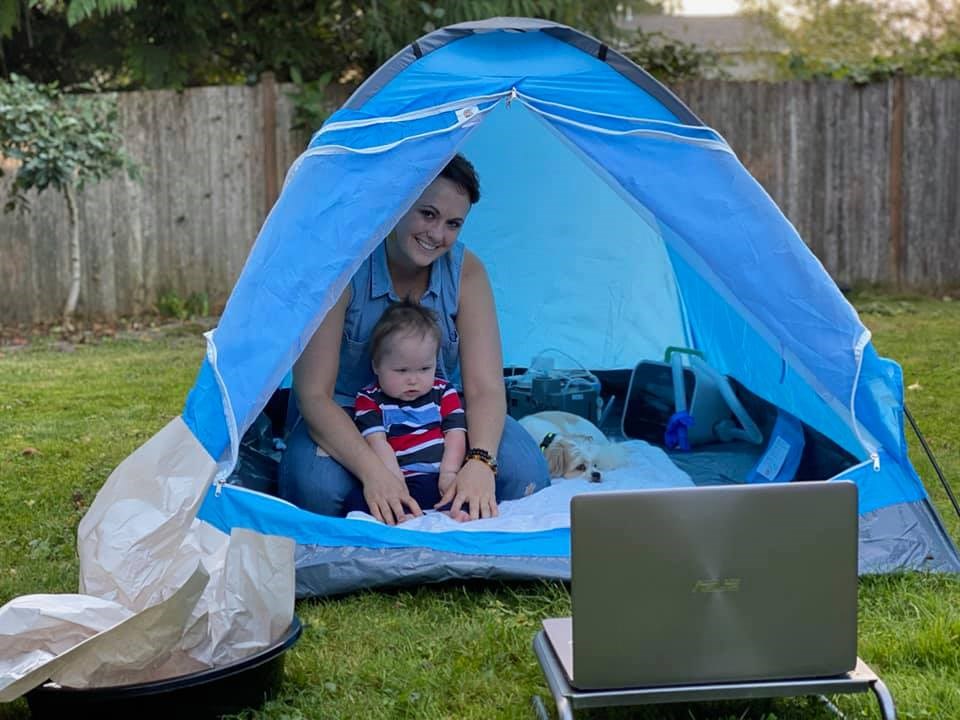
Whitney Stohr-Hendrickson
3. Practice at Home First
“Creating a familiar camping routine can help ease anxiety and promote a positive attitude towards the experience,” says Brianna Leonhard, a Special Education Teacher and a Board Certified Behavior Analyst specializing in autism. Today, she also runs the travel blog, Third Row Adventures. “Begin by camping in the living room or the child’s bedroom, using the tent and sleeping bags that will be used on the camping trip. Slowly transition to camping in the backyard. Next, if possible, try camping at a neighbor’s house or nearby park (to be close to home in case it does not go well).”
4. Create a Visual Packing List
Leonhard recommends making a visual packing list, with photos, so your child knows that you won’t be leaving their favorite comfort things – blankets, stuffed animals, books, etc. – at home. You may also want to bring your child’s medical records and a checklist specific to your child’s disability. Lindsay Naeder, Vice President, Services and Supports, Community Impact at Autism Speaks tells KOA that camping can be a great opportunity for kids with autism to pursue socialization and new interests. But first, she recommends downloading the Autism Safety Kit.
5. Show Your Child Photos of the Campground in Advance
Speaking of photos, Nikki Puzzo, whose daughter has spastic quadriplegia cerebral palsy, recommends looking up where you’ll be staying in advance, especially if you’ve never stayed their before. “Show your child pictures of the campground so it reduces the anxiety around the unknown of where they will be camping,” says Puzzo, the co-founder of befree, a clothing company that makes adaptive activewear for people with disabilities.
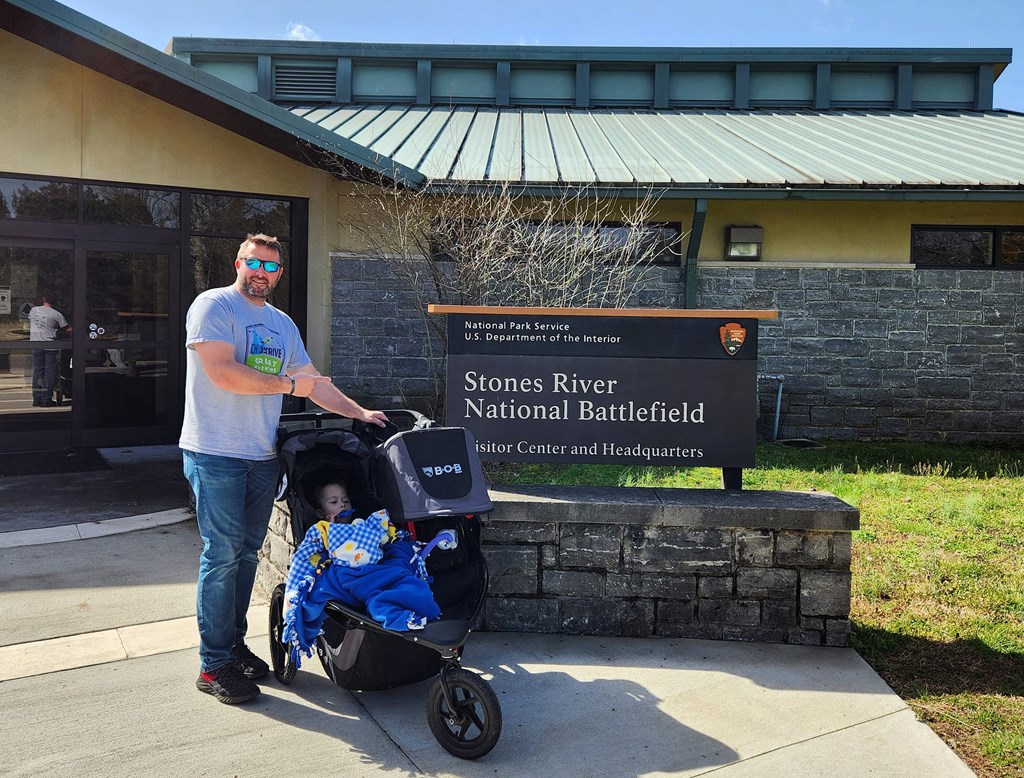
Whitney Stohr-Hendrickson
6. Choose a Campground Wisely
State parks are great, but for the Stohr-Hendricksons, who prefer to stay near major medical facilities (ideally children’s hospitals), they’re usually a bit too far off the beaten path. “We always stay at KOAs when located along our travel route,” says Whitney. “They are reliable, well-maintained, and we are confident they will have basic amenities.” Not sure what amenities you’ll need? Don’t be afraid to consult your doctor or talk to other families in your situation.
7. Lock Your Tent, Cabin or RV From the Inside
If you have a wanderer, make sure they have no way of escaping in the middle of the night because getting lost in the house is a lot different than getting lost in the woods. Leonhard likes this Master Lock combination lock for tent camping because it’s thin enough to fit through most standard zippers. Also, if your child does wake up in the middle of the night, make sure they have a flashlight nearby and know how to use it so they’re not scared.
8. Try to Stick to Your Routine
Part of the fun of camping is deviating from your normal routine. However, if you have a child with a disability, it may be best to try to keep things as normal as possible. “The overstimulation of any trip can cause behavior issues,” says Patten. “So the more routine you can have, the better. It will help them feel at ease and not be so overwhelmed.” He recommends sticking to your sleep schedule, snacks your child is used to, etc.
9. Scale Back the Tablet Time
While tablets are great distractions and learning tools, Patten likes the idea of exposing kids to the outdoors without the use of electronics. “Kids can learn and grow so much just from being outside and getting dirty,” explains Patten. His son, Carson, has a very short attention span, but they always managed to keep him busy by playing in creeks, hiking and climbing on rocks.
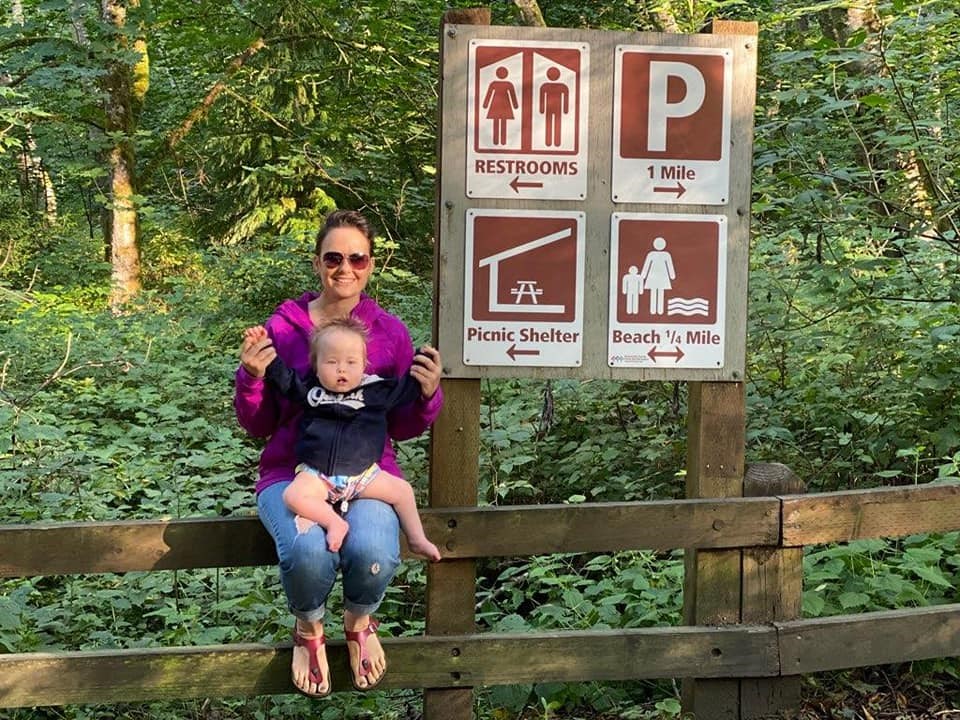
Whitney Stohr-Hendrickson
10. Meet Them Where They’re At, Not Where You Wish They Were
Ken Tangel, the Board President of Camp Get-A-Way, a camp for families with children with behavioral, emotional and mental health challenges, says it’s important to not get too caught up in your idea of what a camping trip should look like. “Instead, plan the trip based on what your child can reasonably handle so they can enjoy it. For example, don’t overschedule.”
11. Don’t Give Up Too Soon
Even if your first trip doesn’t go smoothly, don’t write off camping forever. “Malichi is a very medically complex kid and travels with a lot of medical equipment, mobility aids and medications,” says Whitney. “The biggest challenge at first was figuring out how we could actually make travel happen at all.” While it took several trips, Whitney is proud to report they now have it down to a near science. “We know exactly what we need now and how to make it happen!”
12. Consider buying an RV
The Stohr-Hendricksons ultimately invested in a travel trailer which they call Malichi’s “mobile ICU.” “If you can believe it, it’s much easier for us to go from campground to campground than it is to stay in hotels,” says Whitney, who takes comfort in consistency. “With a travel trailer we can more easily control the environment and limit exposure to potential risks.” Plus, the familiar travel trailer feels like a home-away-from-home, even when it’s in a foreign place.
 Katie Jackson is a writer and media specialist based in Montana’s Big Sky Country. Living and working everywhere from New York to Nicaragua, Katie is no stranger to adventure. When she’s not traveling the world (or writing about it!) she’s busy chasing after a Leonberger named Zeus. Follow Katie’s travels on Instagram @katietalkstravel.
Katie Jackson is a writer and media specialist based in Montana’s Big Sky Country. Living and working everywhere from New York to Nicaragua, Katie is no stranger to adventure. When she’s not traveling the world (or writing about it!) she’s busy chasing after a Leonberger named Zeus. Follow Katie’s travels on Instagram @katietalkstravel.





